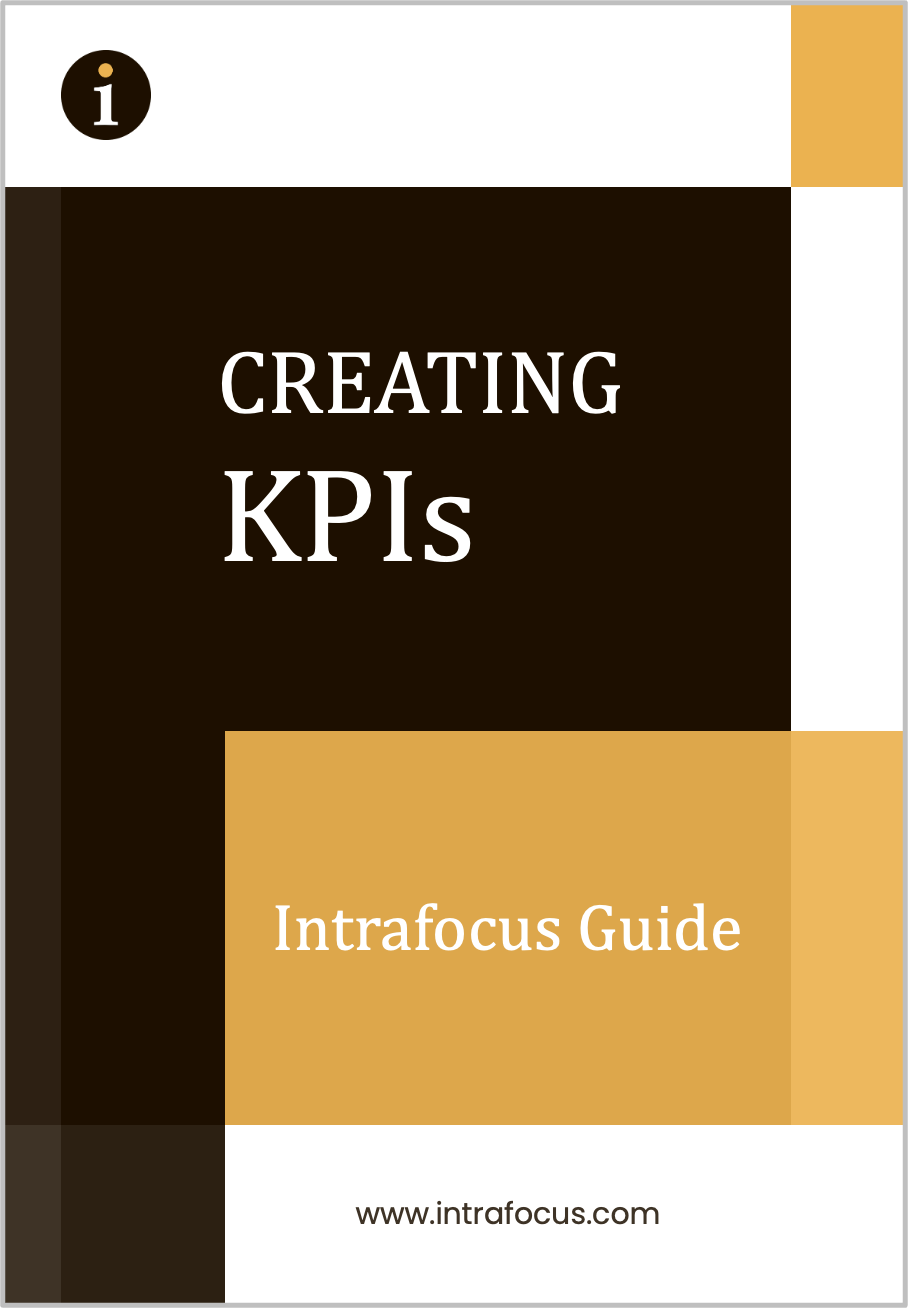by Clive Keyte
As a manager of an organisation, you will naturally be focused on both business and employee management issues. From setting KPIs to holding appraisals, these twin activities will take up a sizeable chunk of your time, effort and resources.
But what many business owners and managers don’t realise, is that it isn’t possible to manage a business in the same way that you manage your employees. Once you understand this, it becomes far easier to separate the two activities; and to do them in the right way for the best results.
Why KPIs don’t work for employees
There is an easy way to identify the difference between business and employee management and it concerns the correct use of measures.
Specifically, when it comes to measurement, KPIs belong in the business realm and help determine whether or not a business has achieved its objectives. KPIs don’t, however, apply to people. Employees will be assigned objectives rather than KPIs. Although these personal objectives may mirror the business’s objectives overall, their success measures will only be partially informed by the achievement of business KPIs at an organisational level.
For example, an employee appraisal process might award a performance-related bonus on a split. This could be based on, say, 30% of organisational-wide performance against KPIs, 30% team-level KPIs and 40% individual performance against personal targets.
Why? Because success at an individual level is based on a variety of factors. These factors tend to be managed through a combination of direct line management and the HR function, and structured through a formal performance appraisal system.
Other differences between business and employee management
Managers will recognise other key differences between business management and individual management too. For example:
1. Employee appraisals typically only happen on a formal basis once a year (with an interim progress check.) Business management requires far more frequent periods of review and appraisal, such as through the monthly management packs.
2. Strategic business management will typically use a dashboard in which KPIs are flagged up in a visual way, and changes to their progress are highlighted for rapid identification and assessment. Individual performance reviews will usually comprise a mix of self-assessment, face-to-face discussion within a meeting and collaborate scoring.
3. Individual measures are set as a function of the business’s own objectives. In this way, employee management becomes an enabling function of business management.
4. Business management concerns the effective deployment, allocation and productivity of both human and physical assets; not simply people, but also ‘hard’ resources and assets such as stock, materials, equipment, software, finance and so forth. Employee management only refers to people assets, and typically focuses on them at an individual level.
5. Arguably people management also requires a richer and deeper set of skills from its managers! Business management concerns itself with facts and figures; evidenced through KPIs. People management is as much of an art form as it is a science. Human beings are complex and ever-changing, and it requires great skill to effectively manage individuals for high performance.
6. Very often, managers are expected to be people managers and business managers. Some managers will simply be business managers if they have no direct reports. Very few managers will simply be people managers though; the vast majority will be responsible for business management as an outcome of their team responsibilities.
Measurement and QuickScore
This concept; that businesses and employees cannot be managed in the same way, is important to understand when assessing QuickScore. As a business management system, its strength lies in managing both KPIs and objectives down to a departmental level. QuickScore is an extremely powerful and insightful system which greatly aids businesses in their strategic development and ongoing management, but it should not be used in an attempt to manage employee objectives. This is another ball game entirely and should be treated as such.
Individual or employee objectives will take guidance from KPIs set at an organisational and team level, but the KPIs themselves can – and should – only be used to manage the business itself. Furthermore, as we know, KPIs only really have a true and valid application when they are used as part of a formal and robust strategic management process, rather than as an ad-hoc management activity.
QuickScore can certainly help your organisation to achieve strategic business success. And if your business needs to improve its people management as a core objective for its strategic success, then QuickScore can help you to manage the relevant KPIs for this particular strategic objective! Interested in finding out more? Why not try a free trial to experience the software for yourself?
Find out more
Our team of business strategy consultants are here to help your organisation with its business strategy. Whatever stage of strategic development you are currently at, we can help you to move forward in the right direction. Please contact Intrafocus to find out more.



